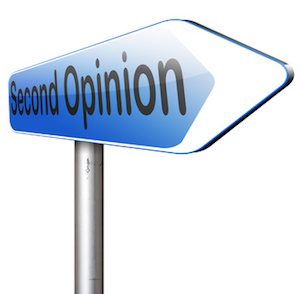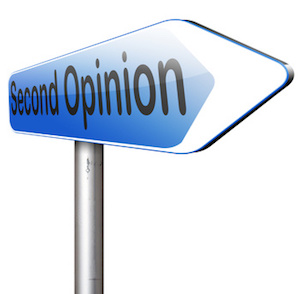
I was recently talking to a family friend, a very active an vibrant woman in her mid 60’s, who exercises regularly and enjoys a wide variety of outdoor pursuits. Like many people her age, she also has a few niggly aches and pains, which sometimes affect her ability to exercise.
Currently, it’s hip pain, which she has had on and off for some time. Being a proactive sort, she has been to her GP, who referred her to a physiotherapist, who specialises in sports people. She got some relief for a time from the treatment, and has regular massages. The pain has flared up again, so she had x-rays, which showed nothing untoward, aside from a ‘normal level of wear and tear’ for someone her age.
That being said, she went back to both health professionals to discuss alternatives that would help with her pain, aside from simply taking medication. She was told to stop walking and cycling, and perhaps take up swimming, an activity she has said she does not enjoy, or to simply take a break and not exercise.
Physical activity is crucial for health management, and is more important than simply as exercise. It aids digestion, elevates mood, enhances cardiovascular health, encourages social interaction and much more.
She is feeling enormous frustration, yet was almost going to accept that diagnosis, being from a generation where health professionals are not people one questions.
Combine this with the story of a friend of hers of the same age, who tripped on a curb, fell awkwardly and broke her shoulder. Scheduled for surgery, she arrived on the appointed day to be told that maybe she should just go home and wait five or six weeks and ‘see what happens’ and that they could do the surgery then if need be.
Fortunately, she asked the next questions; ‘would this be your advice if I was 40?’ and ‘won’t the surgery be more complicated after six weeks of incomplete healing?’ Her surgery went ahead as planned and the outcome was excellent.
Granted, most doctors and health professionals in New Zealand are fantastic, and we are fortunate to have a very comprehensive health system. This is not to suggest otherwise.
However, just because you are in your 60’s, does not mean that you want to slow down, take it easy and not have an active, functional body. Much research suggests that people live to their diagnosis – which is why many doctors are loath to give guidelines, coupled with the fact that timelines are hard to predict.
However, people told to ‘stop, take it easy, or just rest’ with no parameters (‘take it easy for three weeks until…for example), can often become depressed, overweight and lose contact with friends.
If you are in a situation where you feel strongly that the diagnosis or plan of action for your illness or injury is not in your best interests, keep asking questions. Seek second opinions. This is not to second guess your health professional, it is to stand up for your right to live a healthy and active life as long as possible. Occasionally, health professionals forget that age is simply a number, and the saying ‘use it or lose it’ has much validity.
Take a friend or family member with you if you would like extra support, and write down any suggestions you may like to make, so you make the most of your appointments. “Dr Google” is not always helpful, and one should never self-diagnose, but no idea is a bad idea, it is simple a point for discussion.









delilah - 8 years ago
This article highlights the problem we’re going to see increasing: the health budget will not cover us as we age & expect to be repaired. We don’t believe everything doctors say- we check with Dr Google, and then we shout until we’re heard- if we’re well enough to make a fuss. My question is, how do we manage the budget so we ‘healthy’ ones can be cared for?